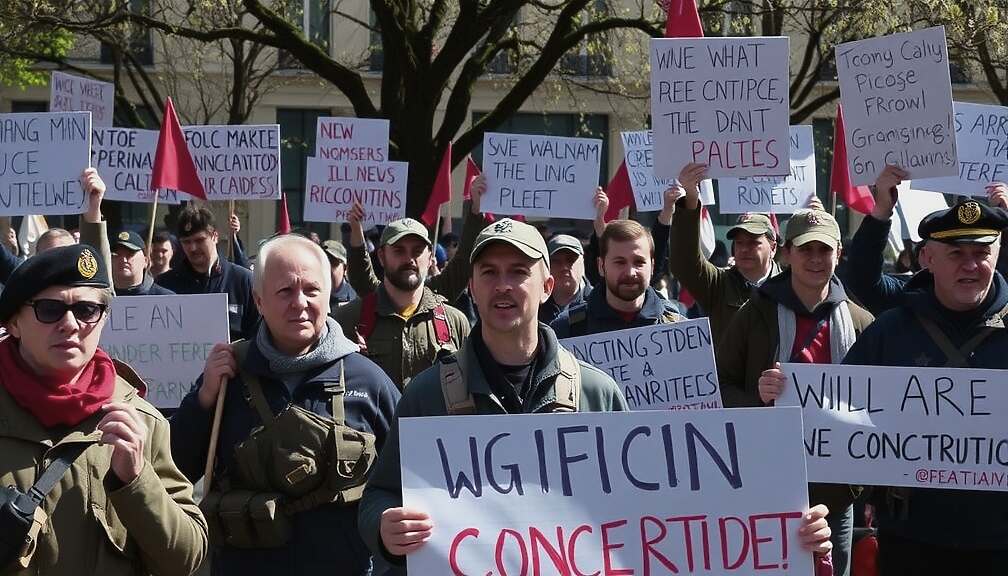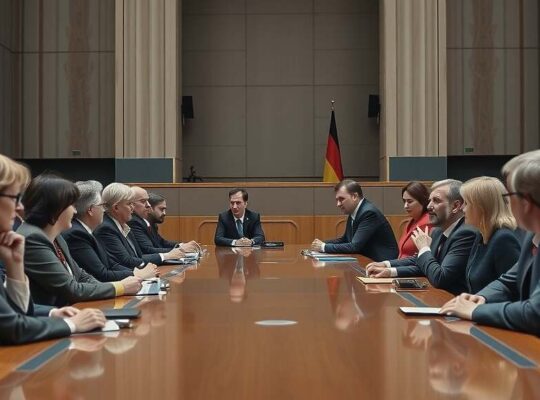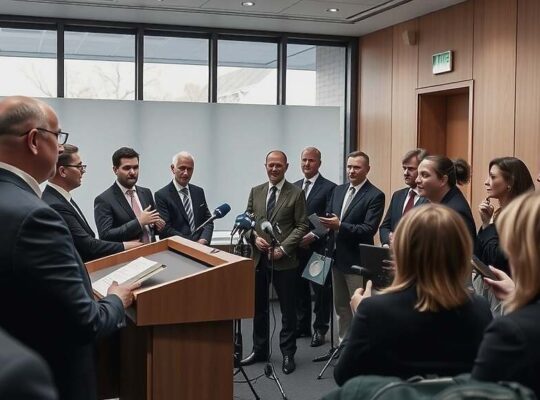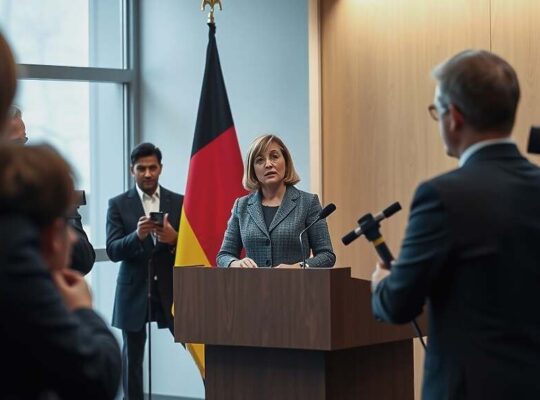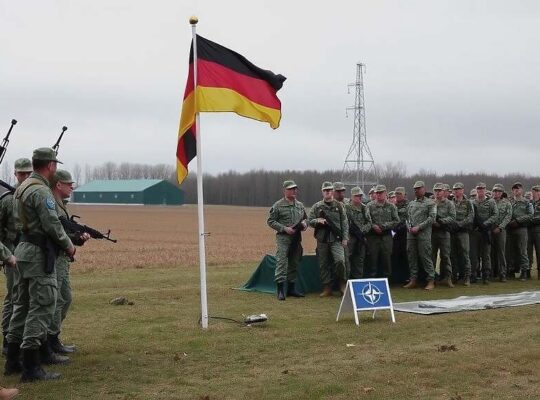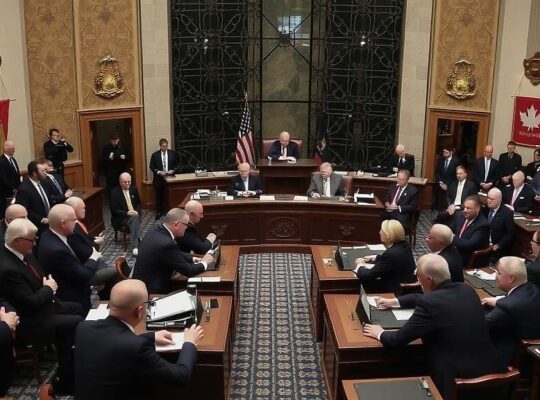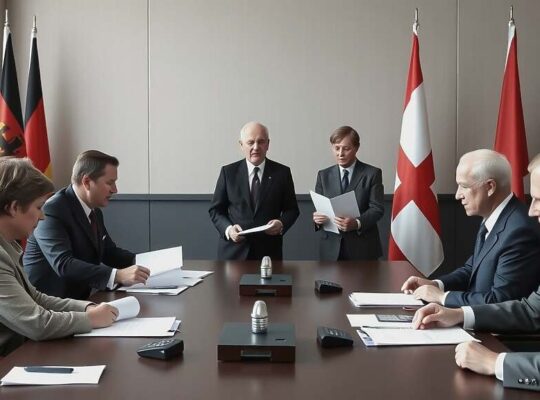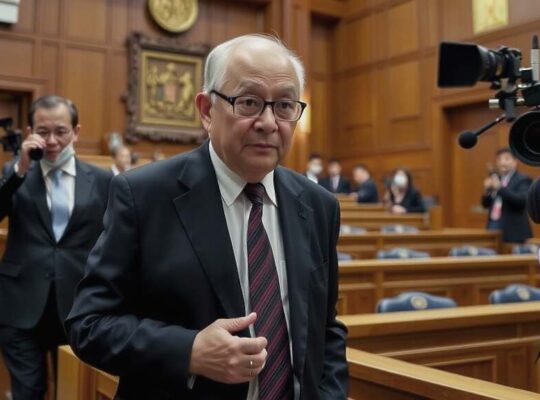The proposed overhaul of Germany’s military conscription is facing mounting legal and political challenges, with the German Peace Society (DFGVK) vowing to mount a robust legal challenge and parliamentarians raising serious concerns about the fairness and transparency of the reforms.
Michael Schulze von Glaßer, the political director of the DFGVK, accused the federal government of a relentless pursuit to expand the armed forces’ personnel numbers, arguing that the entire “modernization” law is built on a precarious legal foundation. He announced plans to have the legislation thoroughly vetted by legal experts and aggressively challenged in court, foreshadowing a protracted battle within the judicial system. Demonstrating immediate opposition, the DFGVK plans a symbolic protest outside the Bundestag on Thursday, involving the shredding of the bill with a garden composter, signifying their rejection of what they deem a pro-war agenda. The organization maintains that the revised conscription policy will exacerbate the arms race without enhancing security.
A particularly contentious element of the planned reforms is the introduction of a lottery system to select individuals for call-up from a pool of young men required to complete mandatory questionnaires. Schulze von Glaßer decried the system, arguing that forcing young people to waste months of their lives undergoing military training, potentially conditioning them to take human life, shouldn’t be subjected to random chance. He likened the lottery to an exercise in arbitrary selection, rather than a just and equitable process.
The speed with which the government amended the draft bill, just days before its first reading in the Bundestag and shortly after approval by the Federal Cabinet, has also drawn criticism. This rapid shift has been interpreted by some as evidence of governmental disorganization and a lack of thorough planning regarding the significant overhaul of national service obligations.
Adding his voice to the chorus of disapproval, Bundestag Vice President Bodo Ramelow (Left Party) expressed dismay at the prospect of a lottery-based selection process. He characterized the approach as bordering on absurdity and a betrayal of reliable governance, highlighting the inherent flaws and potential pitfalls of conscription. Ramelow suggested the establishment of a citizens’ assembly to deliberate on the issue, emphasizing the historical challenges associated with mandatory military service and warning of a renewed cycle of problems. The escalating debate underscores a deep-seated questioning of the government’s strategy and its potential long-term consequences for German society.


